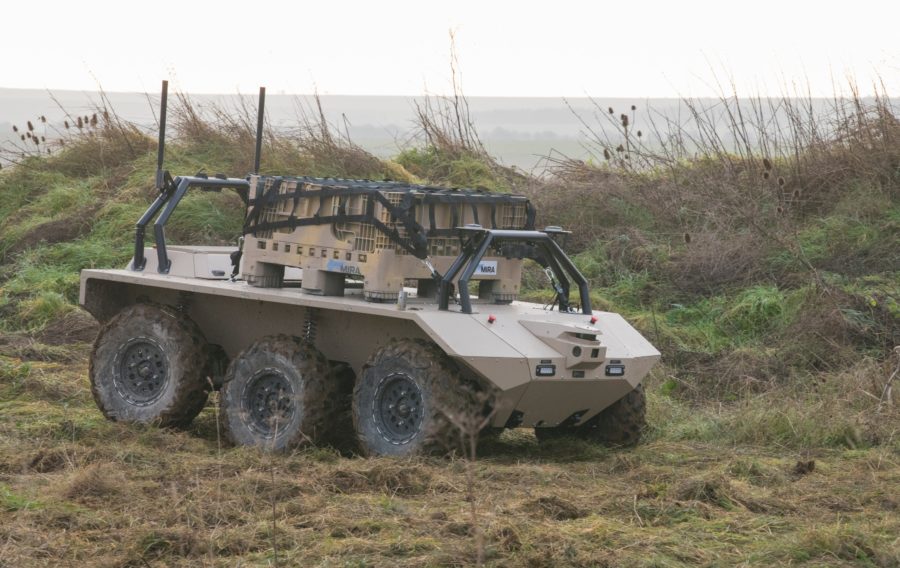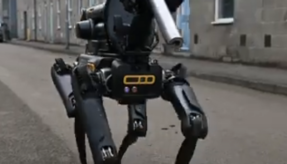
The Defence Science and Technology Laboratory (Dstl) Chief Executive has announced investment of £3.2 million in a new research project to explore the latest vehicle technologies to boost the performance of UK Future Ground Combat Vehicles.
The Dstl project, led by QinetiQ, will focus on innovative solutions for ground vehicle mobility, exploiting the potential provided by electric drive systems.
The aim of this project is to assess which of the latest technologies can be applied to future ground combat vehicles, and how those technologies would integrate with current systems. This enables UK Defence to invest into the right technology in a focused and assured way, reducing the risk and saving potentially millions of pounds.
Gary Aitkenhead, Dstl Chief Executive, said: “Technology changes the way we do things in every aspect of our daily lives. This is never truer than adapting the way we work, even on the battlefield. We are working in partnership with QinetiQ to deliver a three-year programme, which will move from concept studies to prototype testing in a real-world environment. This project will help ensure we have the best ground fleet ever.
“In particular, the project will investigate advanced running gear solutions for wheeled manned and autonomous vehicles to close the gap between the mobility of wheeled and tracked vehicles. The running gear will integrate with QinetiQ’s world-leading, in-wheel electric hub drive technology and the two combined will deliver significant benefits in armoured vehicle design. The solutions will enable platforms with significant increases in operational and tactical mobility along with survivability and fuel efficiency benefits.”
In addition, the studies will explore controls for active suspension – looking at electric and hydraulic options; advanced tyre technologies, benefits for vehicle design, terrain scanning and sensing, use of optical and light detection and ranging (LiDAR) with other sensor systems – such as RADAR – with an integrated control system, using advanced data processing/fusion techniques coupled with the application of novel materials.
The collaborative partnership is led by defence and technology company, QinetiQ, and brings together a wealth of industry and academic experience, including Cranfield University, Formula 1 motorsports engineers – Williams Advanced Engineering, military vehicle suspension specialists – Horstman Defence Systems, vehicle development and safety consultants – MIRA, control systems experts – Contract Innovation and innovation and simulation leaders – Catalyst Corporation.
The first phase of the programme, one year in duration, will focus on studies, concepts and modelling; followed by a second, two-year phase of prototyping and testing on a mobile test rig, validating the benefits in a practical environment.
image © Crown Copyright
If you would like to join our community and read more articles like this then please click here.







